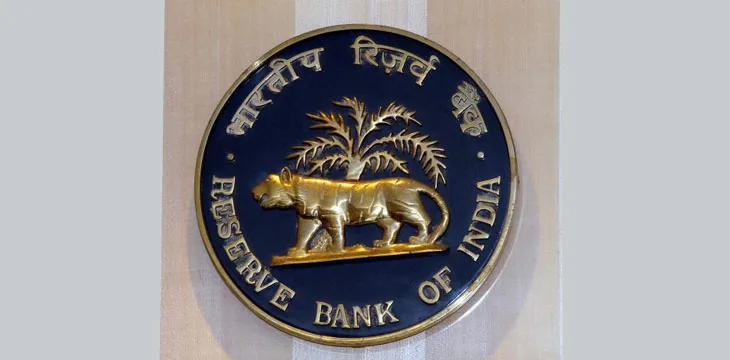|
Getting your Trinity Audio player ready...
|
The Reserve Bank of India (RBI) has admitted to, what could be considered by some, a serious faux pas. In a reply to a lawyer’s request for information under the country’s Right to Information act, the bank acknowledged that it had taken actions against cryptocurrencies without fully understanding the industry.
At the beginning of April, RBI announced a ban forbidding its banks to provide services to businesses that deal with cryptocurrencies. At the time, the bank said decision was made to protect consumers and to prevent money laundering, resulting in extensive public discord that saw several exchanges in the crypto space take the bank to court.
Now, the bank has come out and admitted that it never took the initiative to study the industry, including its principles and usage. No formal committee had been established to investigate the risks associated with cryptocurrency trading, and no officer or expert had been responsible to craft the bank’s decision.
A user on Twitter using the name “BlockchainLaw91” posted a snippet of the questions and bank responses to the Right to Information request. One question asked, “Has RBI got enquiries from counterpart Central Banks of other countries about virtual currencies? Share the details of such formal enquires and how have they been disposed of.” The second reads, “Has RBI sent out communications to other counterpart Central Banks outside India in relation to virtual currencies to understand the regulatory framework, if any they are building in their country to enable RBI to understand if similar regulatory frameworks can be built in India as well by RBI?” The answer to both questions was a simple “No.”
In matter of #blockchain as per the response by them to our #RTI
No committee formulated by #RBI .. no talks with any other country's #centralbank.. No own #research..
Has #RBI restricted Indian banks from offering services only on basis of media reports 🤔 pic.twitter.com/TQQmulowfh
— Varun | Blockchain Lawyer (@Blockchainlaw91) June 12, 2018
The bank further indicated that it had never conducted research on a previous change in policy stemming from 2013. At the time, the bank issued a letter to its customers stating, “The Reserve Bank of India has today cautioned the users, holders and traders of virtual currencies (VCs), including bitcoins, about the potential financial, operational, legal customer protection and security related risks that they are exposing themselves to.”
One of the exchanges taking part in a lawsuit against RBI is Coinrecoil. Its co-founder, Kunal Barchha, explained that central banks do not have the authority to prohibit banks from working with any business, unless the business is declared illegal. “In the case of bitcoin or cryptocurrencies, that process is completely missing, as the government of India has not yet declared cryptocurrencies illegal and so we have challenged the RBI’s circular,” he said.
The admission by RBI that it had not performed due diligence should help Coinrecoil’s case. The Supreme Court of India is expected to hear arguments on July 20; however, the crypto exchanges involved in the suit are going to push for an earlier hearing.

 07-03-2025
07-03-2025 





